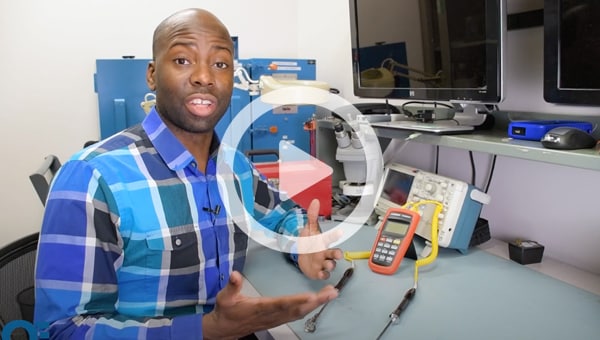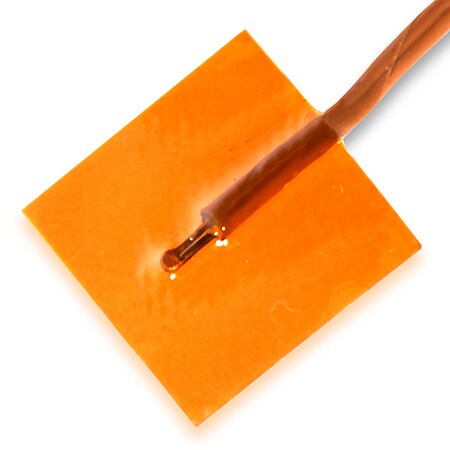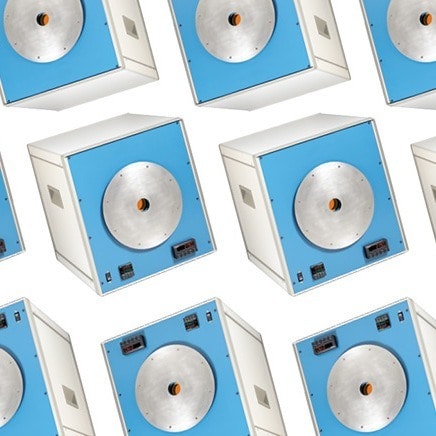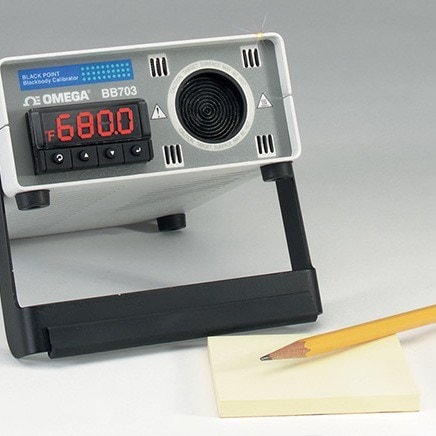Surface probes house may types of temperature measurement assemblies, including widely-used thermocouples. Calibrating these devices—that is, testing their measurement accuracy against known standards—is often very challenging if not impossible.
In this article, we’ll explain why.
Issue #1: Differences between calibration labs
There’s no standardized setup that every calibration lab setup must follow. One company might be using a stainless steel surface to test surface probes, while another might use an aluminum surface. Because aluminum has a higher thermal conductivity than stainless steel, the two labs’ use of different materials will create inconsistencies in their final calibration results.
Issue #2: Application of inconsistent forces
The amount of force applied to the surface probe’s exterior will affect calibration readings. Light forces will produce different readings than heavier ones, even if all other test conditions are consistent. When performing a calibration, it’s essential to ensure the equipment being tested is within its range of tolerance. Inconsistent forces make it very difficult to determine the sensor’s actual tolerance.
Issue #3: The probe’s surface acts as a heat sink
When the surface probe contacts with the surface being measured, heat is dissipated into two different directions along the junction. Thus the probe assembly itself is essentially moving heat away from the junction. This distorts the accuracy of surface temperature measurements.
Issue #4: Surface probe heating element fatigue
After several uses, your surface probe will start begin to show signs of wear. This means it will require increasing amounts of pressure to establish the contact needed to take an accurate reading.
The problem with surface probe calibration lies in their inconsistency. It’s not that these devices are inaccurate. But their baseline accuracy is insufficient for calibration.
If you have any questions about how to choose the best temperature sensor for your application, contact us today. A member of our team will be happy to help.



